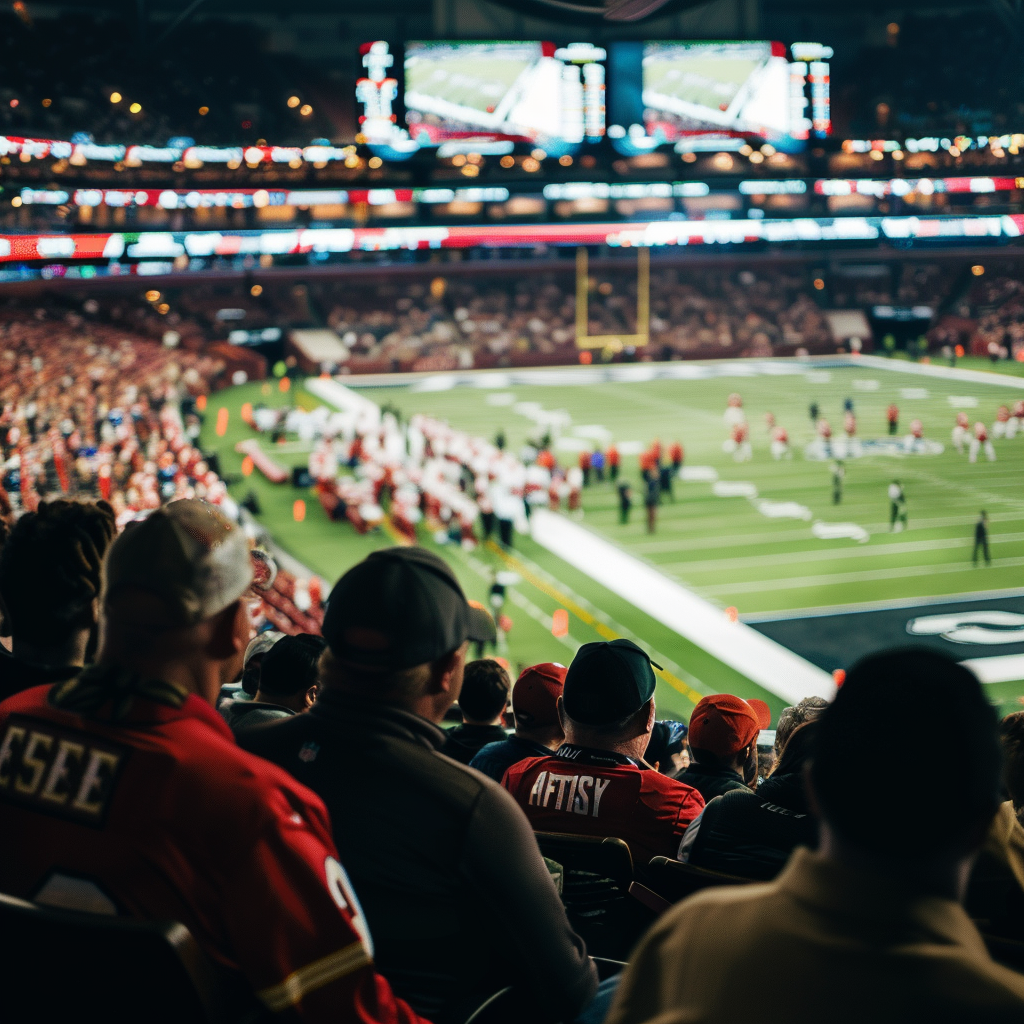Sports betting is an integral part of the sports industry, attracting millions of participants around the world. However, despite its popularity and economic benefits, sports betting can have a significant impact on the rights and safety of athletes.
Threats and challenges associated with sports betting
Match-fixing and pressure on athletes is one of the most serious threats associated with sports betting. Athletes may be pressured by organizers, bookmakers or even teammates to deliberately lose or influence the outcome of a game. This undermines the spirit of sportsmanship and the integrity of competition, and can cause irreparable damage to an athlete’s career.
The impact of gambling on the mental health of athletes also raises serious concerns. Passion for betting can lead to the development of addiction, which negatively affects the personal and professional life of the athlete. This can lead to depression, anxiety disorders and other mental problems.
Financial and legal problems associated with illegal betting, can become another problem for athletes. Participating in or organizing illegal betting can lead to serious legal consequences, including fines, disqualifications and even prison sentences. It can also damage the reputation of the athlete and his team.
Protecting the rights of athletes
To protect the rights of athletes, the following measures are being taken:
- Legal measures and legislative initiatives: Introduce and strengthen laws protecting the rights of athletes from pressures and threats associated with betting. Legislative initiatives are aimed at stopping match-fixing and other forms of fraud associated with sports betting.
- Cooperation with law enforcement agencies: Joint efforts to combat match fixing and cheating. Law enforcement agencies work together with sports organizations to identify and stop illegal activities.
- Support from sports organizations: Development and implementation of support and protection programs for athletes. Sports federations and clubs create special programs aimed at protecting athletes from pressure and threats, and also provide legal and psychological assistance.
Ensuring the safety of athletes
Creating a safe environment for training and competition is a key aspect of protecting athletes. This includes not only physical safety, but also psychological. Athletes should feel protected from any form of pressure and threats.
Training athletes in methods of protecting themselves from threats and pressure helps them be prepared for different situations. It is important that athletes know how to respond to pressure attempts and where to seek help.
Implementation of technologies for monitoring and security also plays an important role. Modern technologies make it possible to monitor suspicious activities and prevent possible threats. For example, video surveillance and data analytics systems can help identify match-fixing and other forms of fraud.
Psychological support and assistance to athletes
Psychological assistance and consultations needed to support athletes facing pressure or addiction. Specialists can help cope with psychological problems and prevent the development of serious disorders.
Programs to combat gambling addiction aimed at preventing and treating betting addiction. These programs may include educational activities as well as individual counseling and group therapy.
Creating a favorable atmosphere in the team and environment also important for the mental health of athletes. Support from coaches, colleagues and family helps athletes feel confident and cope with challenges.
The role of international organizations and federations
The influence of international sports organizations on the protection of athletes’ rights great. These organizations develop standards and guidelines that help protect the rights and safety of athletes.
International agreements and standards promote cooperation between countries in the fight against fraud and match-fixing. These agreements help create uniform rules and enforce them internationally.
Examples of successful initiatives and programs show how to effectively protect the rights of athletes. For example, programs aimed at preventing match fixing and supporting the mental health of athletes can serve as a model for other organizations and countries.
Sports betting has a significant impact on the rights and safety of athletes. To minimize the negative consequences, it is necessary to take comprehensive measures, including legal protection, the creation of a safe environment, psychological support and international cooperation. Only joint efforts of all participants in the sports industry can ensure the protection of the rights and safety of athletes.
Key threats include pressure on athletes to engage in match fixing, the impact of gambling on mental health, and financial and legal problems associated with illegal betting.
To protect the rights and safety of athletes, legal measures and legislative initiatives are being introduced, cooperation is being carried out with law enforcement agencies, support programs are being developed by sports organizations, and technologies are being introduced to monitor and ensure safety.

